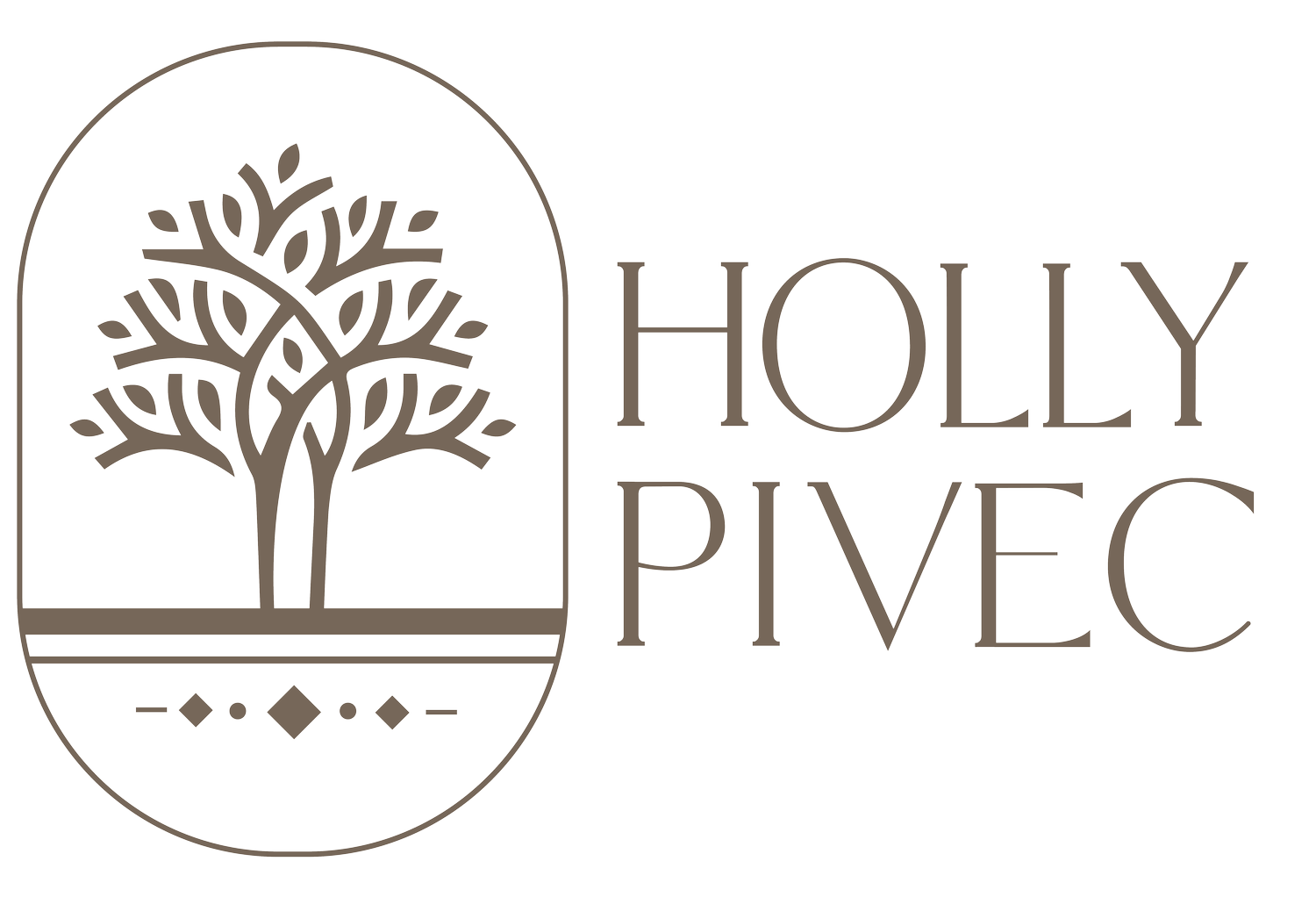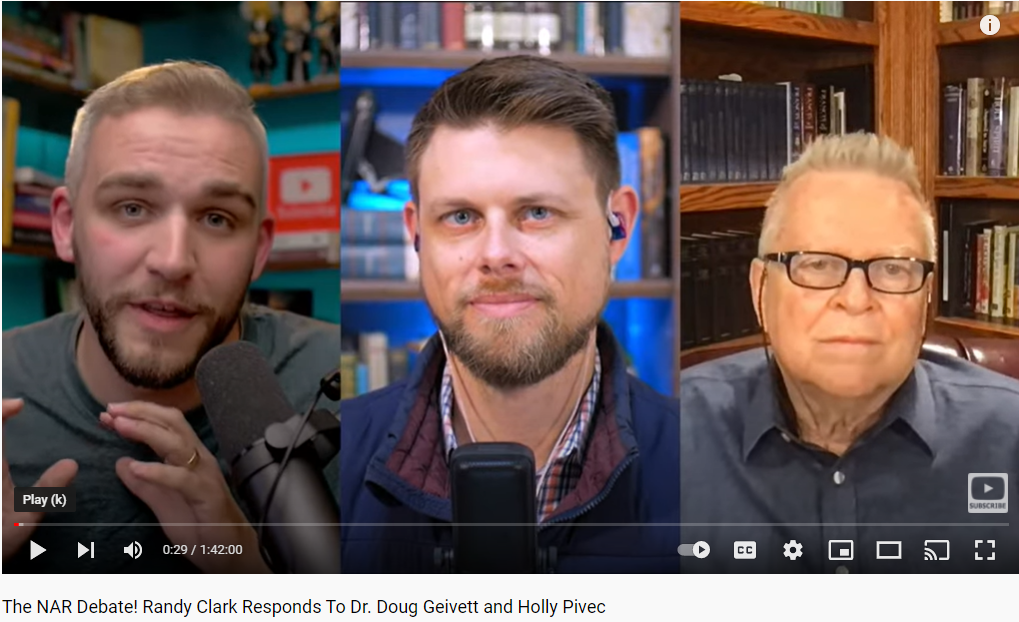Our response to “Apostle” Randy Clark’s interview with Remnant Radio
On April 19, 2022, Remnant Radio interviewed Randy Clark. In their advance advertising for the show, Remnant Radio wrote that they would discuss a survey that Randy has conducted. They posted that he believes his survey “refutes many” of our claims about the New Apostolic Reformation (NAR).
We’ve always been diligent to understand the views we’ve evaluated, to represent them accurately, and to respond with evidence in an even-handed and charitable manner. And we are always interested to hear from an insider about any perceived missteps on our part. Of course we want to make corrections to any claims if needed.
Randy Clark is a true insider. He claims to be a governing apostle who holds the office of apostle. He is the founder of Global Awakening (based in Mechanicsburg, PA), and he oversees an apostolic network of hundreds of churches and ministries. He’s authored many books teaching people how to heal the sick, including books co-authored with other influential “apostles,” such as Bill Johnson.
We’ve now watched the nearly two-hour interview and studied Randy’s attempt to refute our claims about NAR. We conclude that no changes are called for in our description of NAR, or our assessment of NAR, or our specific comments about Randy Clark’s relationship to NAR. Here’s why.
First, Randy’s attempted refutation, as presented in the interview, relies entirely on a survey he conducted with individuals whom he identifies as “apostolic leaders.” His strategy was to poll these individuals with questions based on statements in our book A New Apostolic Reformation? While we appreciate the effort Randy has made, we have to say that a survey is an inadequate instrument for refuting our claims. We acknowledge in our book that NAR is not a monolithic movement where everyone agrees in all details. So any effective refutation must interact directly with our specific arguments and the sources we cite in our books, about the specific individuals we name (and in the context that we name them). An anonymous survey, that paints with an overly broad brush, cannot truly be called a refutation of our claims.
Also, we hold individual leaders accountable for their own claims, so that if there’s a discrepancy in their case between any statements we cite in our books and what select “apostolic leaders” report in a survey, then they have a responsibility to harmonize their claims. They are free to rescind or recant as they please. As we’ve pointed out many times, it is common for leaders within the NAR movement to shift their teachings, or change the ways they talk about them. (Late in the interview, Randy himself notes that Bill Johnson is not formally trained, and that his statements are sometimes misunderstood because he doesn’t always speak with precision or use the right theological terminology.)
Second, we are familiar with details of the survey. In January 2022, we enjoyed a lengthy Zoom call with Randy Clark. He told us then of his survey and the reports his students had written for a course that interacted with our books. Later, he sent us the survey questions and the results that he has tabulated. We also have copies of the student papers. Because Randy has yet to release these materials, we are holding off to respond to them specifically. But having seen the survey, we’re surprised that Randy would portray the results as a refutation of our books. There are serious weaknesses, which we believe people will see for themselves when he does release the survey. (We note that several viewers commenting on the Remnant Radio interview have already anticipated a number of problems.)
Third, we regret that Randy’s responses to interview questions often were not clear or specific or full enough to really exhibit his thinking on certain topics that were raised. For example, he did not directly address the most pressing and basic question: What is an apostle? Since he identifies himself as an apostle, we were listening for a clear statement of what is distinctive about the role of an apostle today, what sets an apostle apart from all other types of leaders within the church, what an apostle brings to the table that is unique and important.
Finally, Randy devotes quite some time to the enterprise of dismissing our discussion of the authority that is exercised by a NAR apostle. He stresses the relational aspect of an apostle’s leadership (again, without really saying what is distinctive about an apostle’s role), as if this settles the matter in his favor. But in truth, the problem lies precisely with the relational dynamic in the exercise and abuse of apostolic authority. This is assuming that one has apostolic authority. Randy did not explain in the interview how anyone could determine that he or anyone else is a genuine apostle.
In short, there are problems with Randy’s survey methodology, and we can’t really see how anything he said during the interview is a direct refutation of a single claim in our books. Customarily, a refutation would mean a demonstration that a claim is false. We listened closely for that, and we did not find anything that even approximates that.
We continue to welcome opportunities for interaction, and we are open to correction by critics. We also look forward to sharing details soon about new projects we’ve been working on, where we further document the teachings of specific NAR leaders and respond to those teachings with certain specific challenges.
Watch the interview here: “The NAR Debate! Randy Clark Responds to Dr. Doug Geivett and Holly Pivec”

